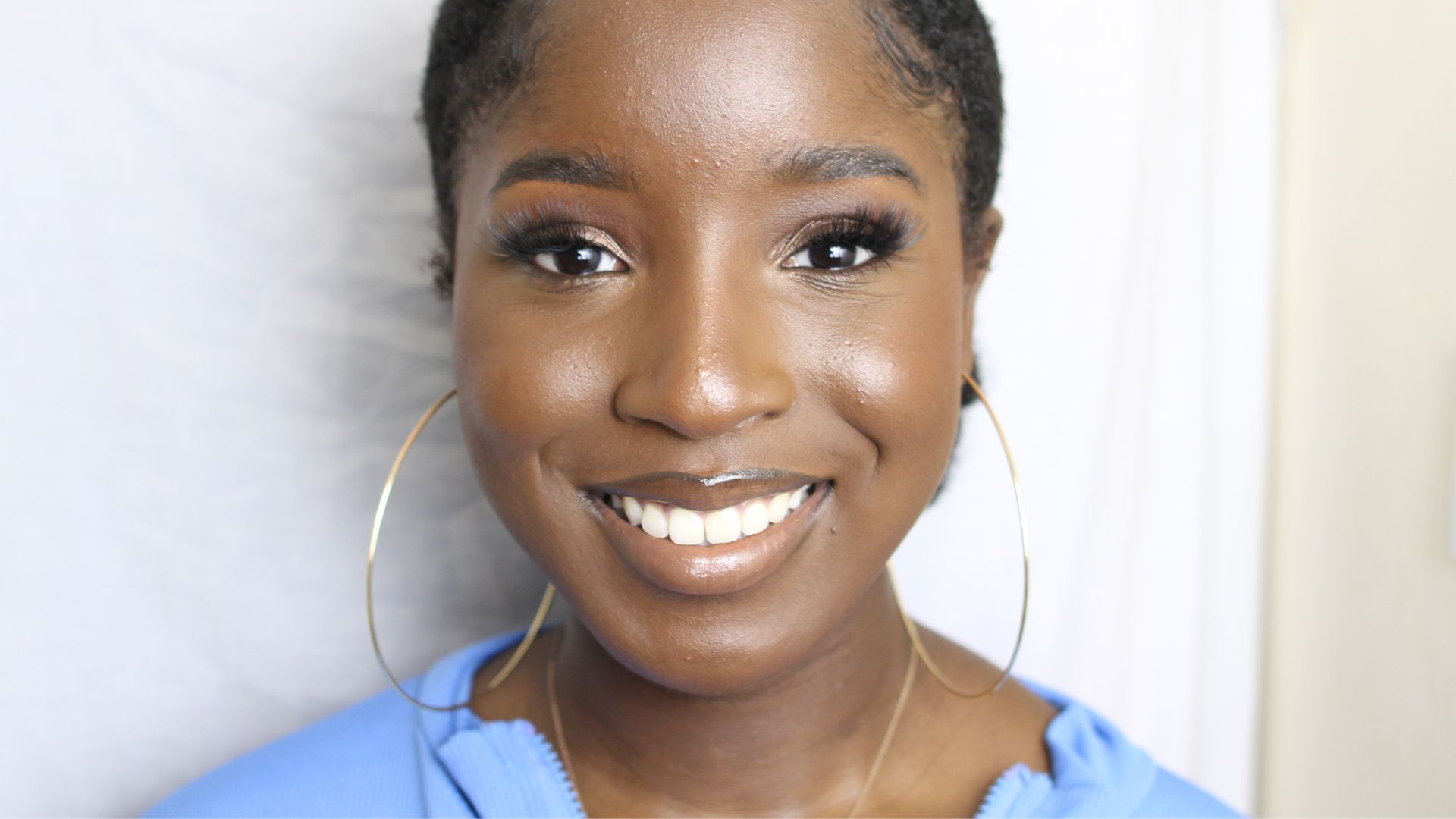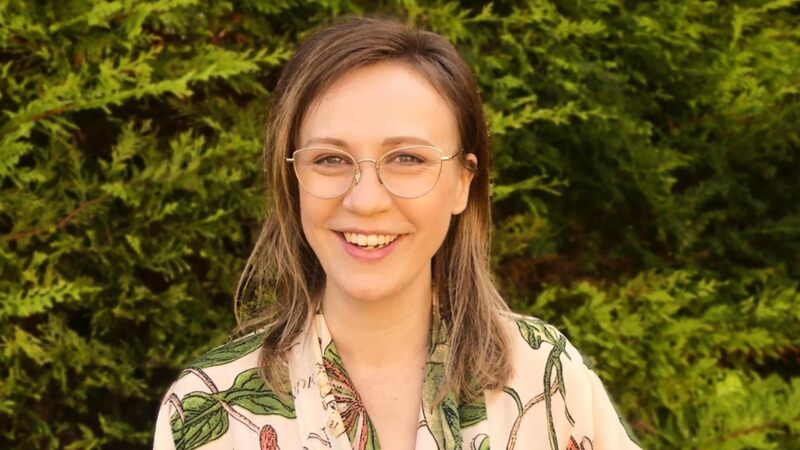You are viewing your 1 free article this month. Login to read more articles.
National Centre for Writing reveals mentees selected for Emerging Translator programme
The National Centre for Writing (NCW) has named the mentees selected for the latest round of its Emerging Translator Mentorships Programme, now in its 14th year.
They were announced by the NCW at an event held on International Translation Day, 29th September 2023.
Every year the programme supports the development of a new cohort of literary translators into English, particularly for languages whose literature is currently under-represented in English translation. For the first time this year, the programme also offers a new mentorship strand, open exclusively to D/deaf, disabled and/or neurodivergent applicants.
The scheme was founded by writer, editor and translator Daniel Hahn and is organised by the NCW. It has so far supported 122 translators in more than 35 languages.
The winners of the 2023-2024 Emerging Literary Translator Mentorships Programme are:
- Victoria Issa Yacoub – Arabic to English, mentored by Sawad Hussain
- Nat Paterson – French to English (D/deaf, Disabled and/or Neurodivergent Mentorship), mentored by Khairani Barokka
- Sean McDonagh – Italian to English, mentored by Elena Pala
- Charlotte Goff – Japanese to English, mentored by Polly Barton
- Joheun Lee – Korean to English, mentored by Clare Richards
- Nasim Luczaj – Polish to English, mentored by Sean Gasper Bye
- Khadija Aidoo – Québec French to English, mentored by Sarah Ardizzone
- Rilla Melati Bahri – Malay to English, mentored by Jeremy Tiang
- Tayiba Sulaiman – Swiss German to English, mentored by Jamie Lee Searle
Rebecca DeWald, programme manager at NCW, said: “Another exciting mentorship year lies ahead of us. Beginning in October, our mentoring translators — including ‘seasoned’ translators as well as former mentees now ready to take the next step and support another emerging talent — will be working with nine promising emerging literary translators based anywhere from Scotland to Shanghai.
“We also have a couple of firsts this year: we are pleased to be able to offer a mentorship for a UK-based mentee who identifies as D/deaf, disabled and/or neurodivergent, and through our Languages of Singapore mentorship, we can support a translator working from Malay for the first time. We are looking forward to the multiple ways in which our new cohort will enrich the literary landscape of English-language publishing.”
Each mentee will be matched up with an experienced translator for a six-month period during which they work together on practical translation projects, developing their craft through working on a chosen text or texts.
Khairani Barokka, current mentor on the D/deaf, Disabled and/or Neurodivergent Mentorship, said: “I am delighted to be working with the talented Nat Paterson as the first mentor for this much-needed National Centre for Writing scheme. Our community of translators who are D/deaf, disabled, and/or neurodivergent inherently have so much experience with translation as a way of moving through life, and as a way of creating multimodal art in our creative communities. It is an unfortunate fact that we also face unfair barriers of access and discrimination in this space, barriers that programmes such as this one are helping to eliminate.
“I’d also like to thank Clare Richards for initially suggesting this scheme to NCW, and I’d like to tell all fellow D/deaf, disabled, and/or neurodivergent literary translators that your talents are valuable, and you deserve a bright career in which we are all protected and uplifted."
The Emerging Translator Mentorships Programme is supported by Arts Council England, the Sheikh Zayed Book Award, the Italian Cultural Institute, the Yanai Initiative for Globalizing Japanese Humanities at UCLA and Waseda University, the Literary Translation Institute of Korea, the Polish Cultural Institute, the Québec Government Office in London, the National Arts Council Singapore, ProHelvetia and the Society of Authors.
















